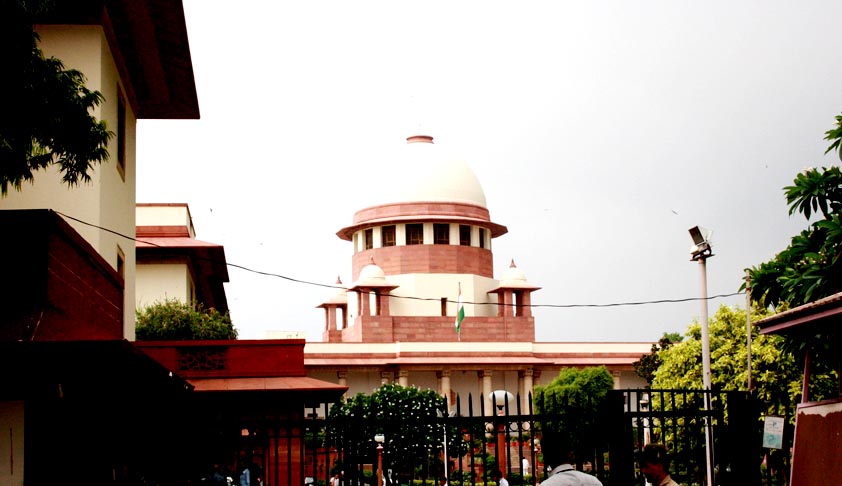Supreme Court says ‘a legal solution has to be arrived at’ as Government expresses helplessness over search engine results
Gaurav Pathak
4 Dec 2014 11:47 PM IST

Next Story
4 Dec 2014 11:47 PM IST
Senior Advocate Sanjay Parikh, appearing for the petitioner Sabu Mathew George raised the issue of search engines showing results in violation of the legal provisions contained in the Pre-conception and Pre-natal Diagnostic Techniques (Prohibition of Sex Selection) Act, 1994, in the Supreme Court today.He submitted that, Google India, Yahoo India and Microsoft Corporation (I) Pvt. Ltd., are...
